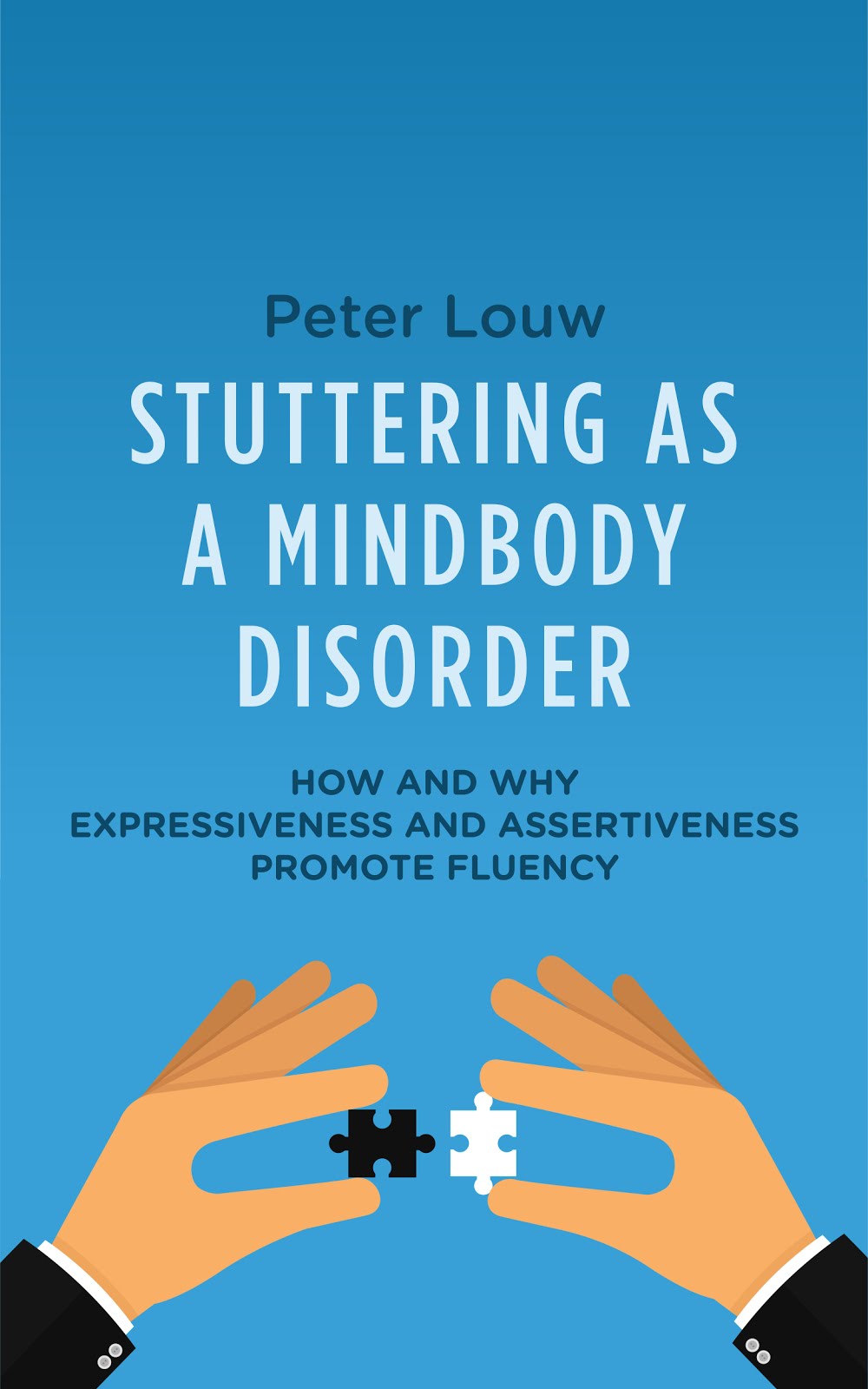Is stuttering management, for the adult or teen who stutters, just a matter of hard work? Will daily exercises ultimately lead you to the world of fluency? This is a question often asked.
But before we get to a few possible answers, first try a two-week course of thiamine HCL (vitamin B1) after reading THIS LINK and checking with your doctor. If the thiamine, perhaps together with magnesium as mentioned in the link, hasn't made a big difference, then go on to read the following:
Those people who have succeeded in significantly controlling their speech usually say that daily work on their speech was the secret to improved fluency. Most of them don't regard themselves as cured, but they have improved to such an extent that stuttering is no longer the terrible handicap it once was. They may occasionally still stutter, particularly when caught unawares or when really stressed out, but on the whole they get by. This has also been my experience.
Effective stuttering management is probably a lifelong involvement, characterised by gradual improvement over the years as people mature and further gain in confidence and coping skills. This process can be compared to so many other health issues that require lifelong management. You gradually learn to deal with it and to get on with your life in spite of it.
For some people, acceptance is best
To begin this process, however, the ground work has to be done. The nature of the "basic training" will differ, depending on the type of treatment chosen, but it will require regular and probably daily practising, after having attended an intensive treatment course. Additional involvement may be necessary and may speed up the process, such as follow-up speech therapy sessions and support/self-help groups.
Regrettably, however, some people who stutter find that even though they have worked hard and tried everything, they do not benefit whatsoever; no technique seems to help and their stuttering remains as severe as before. For these people, acceptance of the disorder and adjusting their lives accordingly would seem to be the best option; though of course there is the question of whether they have really exhausted all the various approaches available - there may just be one which they haven't tried yet and which may significantly reduce their speaking problems.
For most of us, then, it is indeed a question of regular, hard and long-term work, perseverance despite relapses, and involvement in support groups - IF we want to improve. I capitalise the "IF", because we do not all want or need to walk this long and difficult road to improved fluency. THIS DEPENDS ON THE EXTENT TO WHICH STUTTERING IS A PROBLEM IN YOUR LIFE. If you are still young and if stuttering messes up your social or professional life, if you experience your stuttering as daily torture that limits you in every possible way - then you should seriously consider making a huge and disciplined effort to try and manage your speech.
If on the other hand your stuttering is a mere nuisance but does not sabotage your life goals, you may rather decide to just live with it, accept it, adjust your life to it and carry on. Stuttering management can involve huge amounts of time and energy which could perhaps be better spent on your career or other life pursuits. So as with so many other things, this is a matter of priorities and of fundamental life choices. If you have to make this choice, I wish you well.







No comments:
Post a Comment